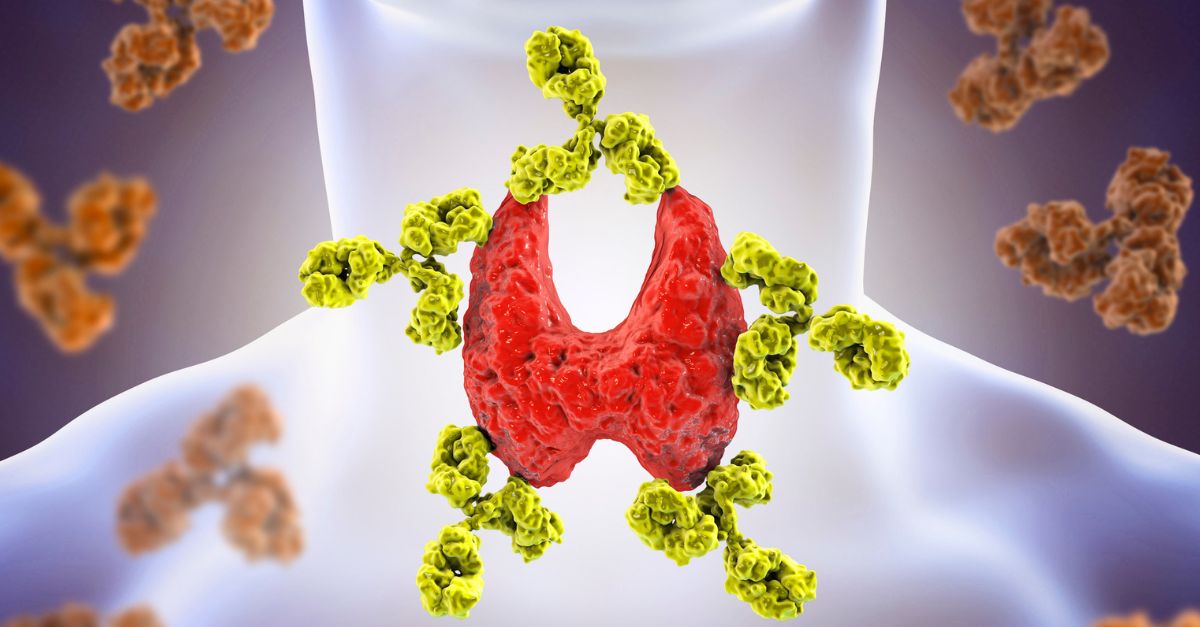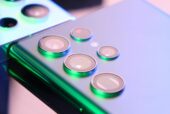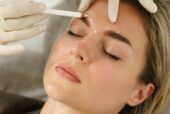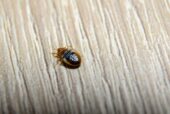Our immune system is the vital shield against infections and diseases. However for some people the immune system doesn’t work as it should, leading to a condition known as Primary Immunodeficiency (PID). With cases on the rise it’s never been more important to understand the early warning signs. To see the signs and treatments for Primary Immunodeficiency, start an online search now.
What is Primary Immunodeficiency?
Primary Immunodeficiency is a group of genetic disorders that affect the immune system’s ability to function properly.1 It is also known as an inherited immune disorder because it is caused by a genetic mutation. These mutations can occur in different genes, leading to a variety of immune system problems.
Who Are More Likely To Be Diagnosed?
PID can affect people of all ages, races, and genders. However, it is most commonly diagnosed in children. According to the Immune Deficiency Foundation, approximately 1 in 1,200 people in the United States are living with PID.
Signs and Symptoms of Primary Immunodeficiency
The signs and symptoms of PID can vary depending on the specific type of immune deficiency.
- Slow recovery from infections: People with PID may take longer to recover from infections than usual. They may also experience more severe symptoms.
- Recurrent infections: People with PID may experience the same infections repeatedly, even after receiving treatment.
- Autoimmune disorders: Some people with PID may develop autoimmune disorders, which occur when the immune system attacks healthy cells in the body. Examples of autoimmune disorders include rheumatoid arthritis and lupus.
- Growth and development problems: Children with PID may experience growth and development problems, such as delayed puberty or slow growth.
- Family history: PID is a genetic disorder, so people with a family history of immune system problems may be at a higher risk of developing PID.
- Chronic diarrhea: People with PI may experience chronic diarrhea, which can be a sign of gastrointestinal infections or other conditions affecting the immune system.
- Allergies: Individuals with PI may have a higher risk of developing allergies, including food allergies and asthma.
Treatments Available
The treatment for PID depends on the specific type of immune deficiency and the severity of the symptoms. The goal of treatment is to prevent infections, manage symptoms, and improve the quality of life for people with PID.
- Antibiotics: Antibiotics are used to treat bacterial infections. People with PID may need to take antibiotics for longer periods than usual to prevent infections from returning.
- Immunoglobulin therapy: Immunoglobulin therapy involves giving people with PID extra antibodies to help fight off infections. It is usually given through an IV or injection.
- Stem cell transplant: A stem cell transplant may be recommended for people with severe immune deficiencies. The transplant involves replacing the person’s bone marrow with healthy stem cells from a donor.
- Gene therapy: Gene therapy is an experimental treatment that involves replacing or repairing a faulty gene that causes PID.
Living with Primary Immunodeficiency
Living with PID can be challenging, but there are things that people with PID can do to manage their symptoms and stay healthy.
- Practice good hygiene: Wash your hands frequently and avoid close contact with people who are sick.
- Stay healthy: Eat a balanced diet, get plenty of rest, and exercise regularly to keep your body healthy.
- Manage stress: Stress can weaken the immune system, so it’s important to manage stress through activities such as yoga, meditation, or talking to a therapist.
- Stay informed: Learn as much as you can about your specific type of immune deficiency and stay up-to-date on new treatments and research.
Coping Strategies That Can Help
- Take care of yourself: This means getting enough sleep, eating healthy foods, and getting regular exercise. These things can help keep your immune system strong and healthy.
- Avoid germs: Because your immune system may not be able to fight off infections as well as someone without a primary immunodeficiency disorder, it’s important to avoid germs whenever possible. This means washing your hands often, avoiding people who are sick, and staying away from crowded places.
- Keep a positive attitude: It can be easy to feel down or discouraged when dealing with a primary immunodeficiency disorder. However, keeping a positive attitude can help you feel better both physically and mentally. Try to focus on the things you can do rather than the things you can’t.
- Stay connected with others: It’s important to have a support system when dealing with a primary immunodeficiency disorder. This can be family, friends, or others who have the same condition. Talking to others who understand what you’re going through can be very helpful.
Consult A Doctor Today
If you or a loved one is experiencing any of the warning signs of Primary Immunodeficiency (PID), it is important to speak with a healthcare provider as soon as possible. A doctor or an immunologist can help diagnose PID and determine the best course of treatment. They may recommend blood tests, genetic testing, or other diagnostic tests to confirm the diagnosis of PID. Early detection and treatment can help prevent complications and improve the quality of life for people with PID. To see the warning signs and treatments for Primary Immunodeficiency, start an online search now.
References:





